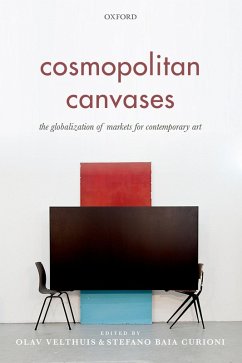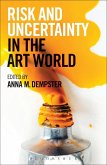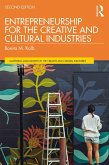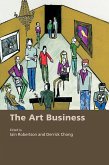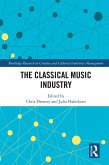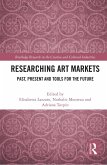Since the late 1990s, contemporary art markets have emerged rapidly outside of Europe and the United States. China is r s1the world's second largest art market. In counties as diverse as Brazil, Turkey and India, modern and contemporary art has been recognized as a source of status, or a potential investment tool among the new middle classes. At art auctions in the US, London and Hong Kong, new buyers from emerging economies have driven up prices to record levels. The result of these changes has been an increase in complexity, interconnectedness, stratification and differentiation of contemporary art markets. Our understanding of them is still in its early stages and empirical research in the field of globalization of high arts is still scarce. This book brings together recent, multidisciplinary, cutting edge research on the globalization of art markets. Focusing on different regions, including China, Russia, India and Japan, as well as different institutions and organizations, the chapters in this volume study the extent to which art markets indeed become global. They show the various barriers to, and the effects of, globalization on the art market's organizational dynamics and the everyday narratives of people working within the art industry. In doing so, they recognize the coexistence of various ecologies of contemporary art exchange, and sketch the presence of resilient local networks of actors and organizations. Some chapters show Europe and the US continue to dominate, especially when taking art market rankings and the most powerful events such as Art Basel into account. However, other chapters argue that things such as art fairs are truly global events and that the 'architecture of the art market' which has originally been developed in Europe and the US from the 19th century onwards, is increasingly adopted across the world.
Dieser Download kann aus rechtlichen Gründen nur mit Rechnungsadresse in A, B, BG, CY, CZ, D, DK, EW, E, FIN, F, GR, HR, H, IRL, I, LT, L, LR, M, NL, PL, P, R, S, SLO, SK ausgeliefert werden.

